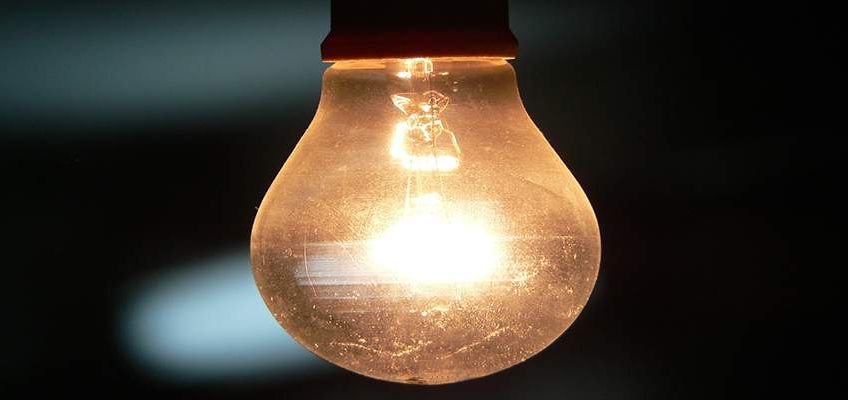We all like to believe that we live in a civilized society. And we do … at least most of the time.
Look at the world. Some countries are supposedly more civilized than others. Which is why we have nomenclatures like developed countries and developing countries and BRIC countries and the G8 and the G22, ASEAN, SAARC, NATO, CENTO, and so many other acronyms. Isn’t there a G4 group of countries too? We do this with groups of countries and we even do it with the continents. This is the world’s ‘civilized’ way of segregating the Earth from the haves and the have-nots and the might have soons and the will-probably-never-haves. In India we are talking of developing 100 SMART cities.
When we get down to it and analyse these divisions and segregations and groups, what are we really trying to do. We are trying to measure one against the other based on certain parameters of industrialization or development or purchasing power or GDP or poverty or education or religion or even merely through geographical and political necessity. More often than not, it is because one group has more and the other less. Even within a single country, particularly a large and diverse one such as India, there are disparities. Which is why the term BIMARU came into existence some years ago referring to Bihar, Madhya Pradesh, Rajasthan and Uttar Pradesh, classifying them together as the more backward within the Indian republic.
The term also probably caught on due to its oblique significance to its semantic equivalent in Hindi … BIMAR in Hindi means SICK.
For the present moment let us look at the non-BIMARU parts of India, the cities and towns that are considered much more advanced and developed. There is electricity in the homes, running water in the taps, a decent enough sewage system, fast internet connections, more mobile phones than people, fancy restaurants, even fancier cars, kitty parties and lavish weddings that would put the richest people in the world to shame. Let us for a moment concentrate on this growing segment of people within the developing country that is India.
It does not take very long to turn this group of people into members of the BIMARU tribe.
Our lives revolve around electricity. At our homes electricity powers the lights, air conditioners, phones, internet, microwave, refrigerator, dishwasher, toaster, mixer/grinder, television, radio, etc. In the office it starts with the elevators, and then the coffee machine, the water machine, the hand dryer in the washroom, the computers, the phones, the photocopy machine and of course the lights, fans and air conditioners. Between the home and office we are dependent on electricity for petrol stations, ATMs, banking services, traffic lights, etc. It is Lights Out.
A not so hypothetical situation … the lights go out!!!

Hmmm, with lights out life turns topsy turvy in a heartbeat. If we are on the road, we are faced with traffic snarls almost instantly. Staying on the road … we are running low on gas and the petrol pumps are shut. We turn on the car radio to learn that the grid is sown and the authorities are trying their best to get the lights back on again but it might a couple of days.

You crawl through traffic to somehow reach home … and bang on the door because the doorbell does not ring (it runs on electricity, remember). And this after you had to climb six flights of stairs … the elevator was out.

It is about to get dark and you do not remember where you kept that torch you had bought two years ago. And hope that the batteries have not died in the interim.

You open the dark refrigerator and gulp down the quickly warming fluid from the water bottle. Your wife is standing behind you, you look into each other’s eyes, standing in front of the open refrigerator door and the dread hits the both of you … the food is soon going to spoil.
You go to the washroom and at the end of your job you activate the flush. As soon as you do that you realize the mistake. With no electricity you have no water. And you just wasted about five litres.
You look at the screen of your cell phone and realize that you barely have a couple of hours of juice left in the battery. You try and log on to the internet to catch up on the latest news to find that your wi-fi is on the blink too and the cell phone towers are not working … you are cut-off from the world. And you do not even have a battery operated radio set at home since they went out of style many years ago. You realize you have a radio in the car. You rush down and catch up on news. Chaos has hit the city and rioting has broken out. People are looting shops to get hold of water and whatever food they can grab. In some places looters are ransacking shops and taking whatever they can, from television sets to mobile phones to watches to car parts, nothing is taboo.
And the grid is down not only in your city but in the region. Adjoining States have been hit too and public transportation has been hit. Trains are not plying because they too run on electricity and trucks have parked by the side of the road since they have run out of fuel. All essential supplies that keep the city fed and clothed will not be replenished.

You get back home and assess the situation. There are three bottles of water to last you through the crisis. Whatever water is left in the overhead storage tank is what you have, and you have no idea how much that is. There are some potatos, some rice, half a loaf of bread, three eggs and a nearly empty can of butter. The cooked food will be consumed tonight or it will go bad. There are no candles at home since there has not been the need for one for a long time … except during birthdays.
You pull up a chair and sit down hoping things will settle down by tomorrow.
This situation is not hypothetical. It is real and is happening right now. Somewhere or the other around the country. If you want to get through such a situation, you need to prepare for it. You need to stock up for such eventualities. You need to ensure that you have enough resources to be able to tide through the few days or weeks till such time that stuff does not settle down, life gets back to normal and the lights come back on again.










Leave a Reply
You must be logged in to post a comment.